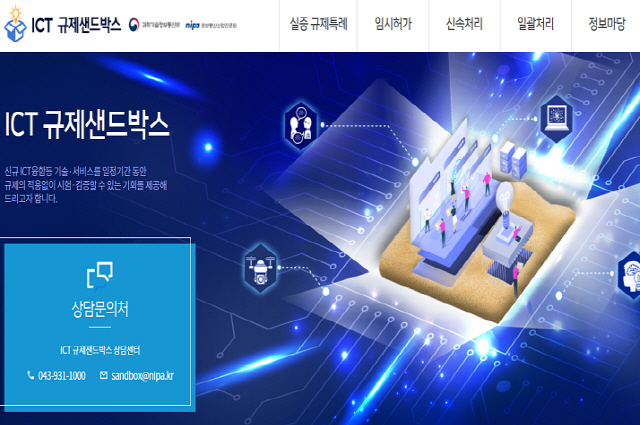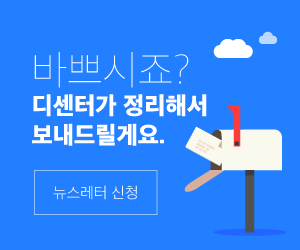
The regulatory sandbox system went into effect Thursday as the Korean government is seeking to promote new technologies and industries by exempting businesses from various regulations. A regulatory sandbox is a mechanism designed to exempt and shelve regulations so companies can perform innovative activities freely like in a sandpit in the playground where children can play freely. Specifically, companies can use “test exemption” and “temporary permission” schemes to launch new technologies and services faster. They also can get confirmation about regulations within 30 days from the relevant ministries.
With the effectuation of the laws on “information and communication integration” and “industrial convergence” Thursday, the Ministry of Science and ICT and the Ministry of Trade, Industry and Energy said, the regulatory sandbox program concerning information and communication technology (ICT) and industries would begin to be implemented. The framework of the system is “permitting first and regulating later.” Companies can get replies within 30 days after they inquire about regulations in connection with new technologies and industries. Unless replies are made within 30 days, it is presumed that there are no pertinent regulations. Even in the presence of regulations, companies can market new technologies and services if they go through “test exemption” and “temporary permission” schemes.
A total of 19 cases were filed Thursday, the first day the regulatory sandbox system went into effect, to benefit from the two schemes.
In the ICT integration segment, KT and Kakao Pay applied for a temporary permission scheme to promote its mobile notification service for public organizations, respectively. So far, such public organizations as the National Pension Service and the National Police Agency have been performing their notification tasks via mail using papers. But if the mobile notification service is exploited, Kakao Talk and text messages can be used to make notifications. Regulations governing this have yet to be established, but the mobile notification service will become possible if the temporary permission scheme is applied under the regulatory sandbox system.
Blockchain startup MOIN applied for temporary permission and test exemption schemes concerning its blockchain-based overseas remittance service. Under the current Foreign Exchange Transactions Act, there are no clear provisions enabling blockchain service providers to be registered as overseas remittance companies.
In the ICT integration segment, there were also test exemption and temporary permission cases concerning “online disused car price comparison,” “online brokerage for clinical trials” and “maritime distress calls.”
The most representative example in the industrial convergence segment was Hyundai Motor’s application to set up hydrogen stations in urban areas. The country’s largest auto manufacturer has been applying for temporary permission and test exemption to establish five hydrogen stations in Seoul, but to no avail, because of cumbersome regulations. However, the regulatory sandbox system could pave the way for Hyundai Motor to set up several stations in Seoul.
The government will decide whether or not to apply the temporary permission and test exemption schemes to the 19 cases through the deliberative committees on “new technologies and services” and “regulatory exemptions.” The committees will be formed this month and their first meetings will take place as early as next month.
The committees will be convened at least once per quarter. There will be frequent committee meetings in the first half of this year to have the regulatory sandbox system rooted firmly. /minsy@decenter.kr
- 사동석 기자
- sahds@dcenter.kr







![샘 올트먼 월드코인, 각국 제동에도 확장세…부진 만회할까[코인 리포트]](https://newsimg.sedaily.com/2024/04/19/2D7Z2TLAAD_4_s.jpeg)


![테라·루나 폭락사태 2년…디파이 예치금 다시 120조 넘었다[블록체인 NOW]](https://newsimg.sedaily.com/2024/04/19/2D7Z2WIN7J_1_s.jpg)



![[점심브리핑] 바이낸스US, 前 뉴욕 연준 임원 합류](https://newsimg.sedaily.com/2024/04/17/2D7Y4EB722_1_s.png)









